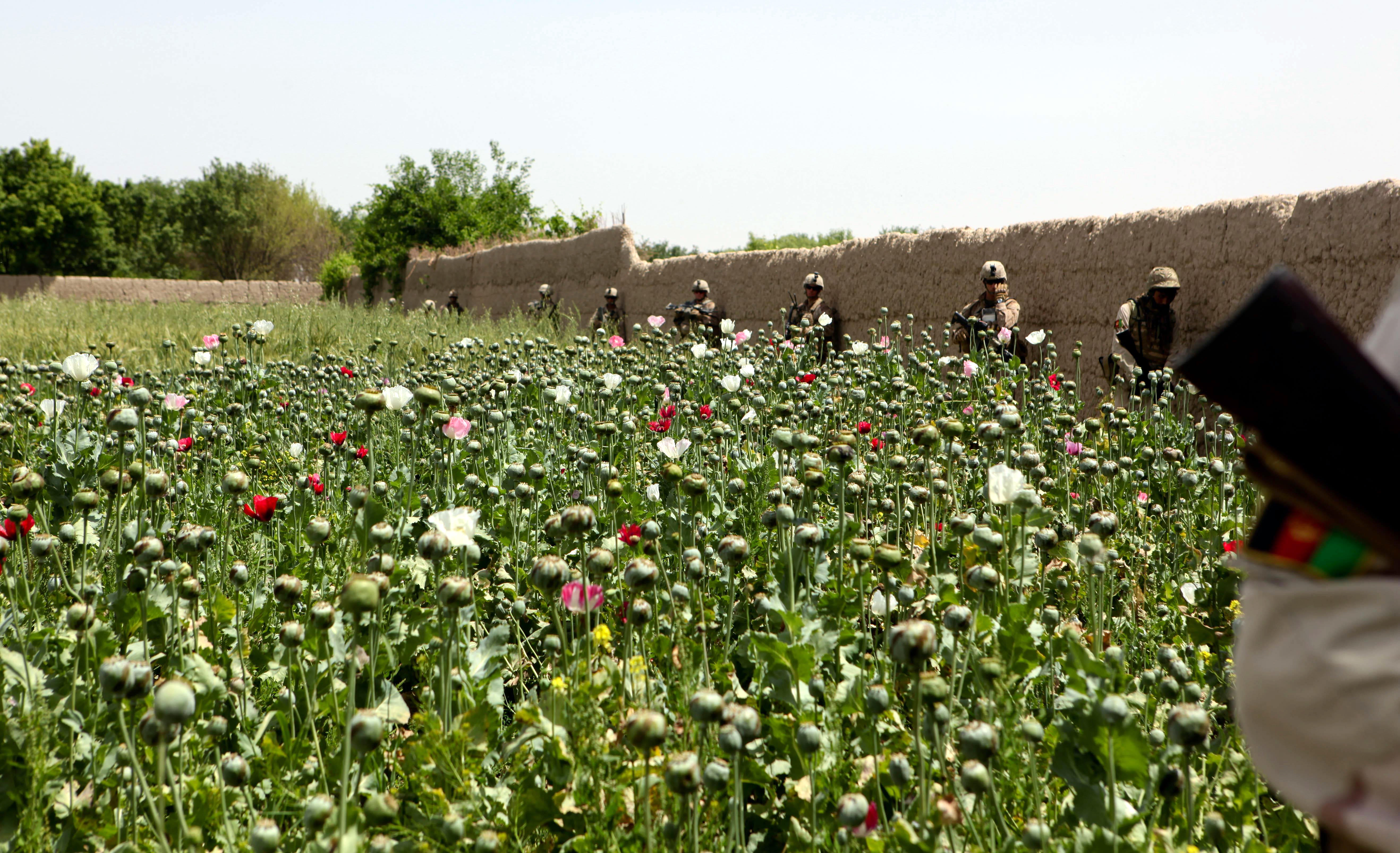
Administrations at local, national and international level are busy reforming laws, strategies and programmes for controlling psychoactive drugs such as cannabis, cocaine and heroin. Many are challenging the principles of a set of international treaties developed and agreed upon during the 20th century, that had as their central principle the absolute prohibition of the production, distribution and consumption of a wide range of psychoactive substances for recreational (as opposed to medical or scientific) use.
While many authorities (most notably in the Netherlands) have turned a blind eye to aspects of the recreational drug market, or just did not have the resources to react, recent developments have been notable in that they are openly challenging the validity of the global drug control system. The Bolivian government has refused to continue complying with the global prohibition on coca leaf; two US states (Washington and Colorado) are in the process of setting up a legally regulated market for cannabis (and seem sure to be followed by others in the next few years); and Uruguay looks destined to become the first country to implement a national regime for the legal production and consumption of cannabis.

